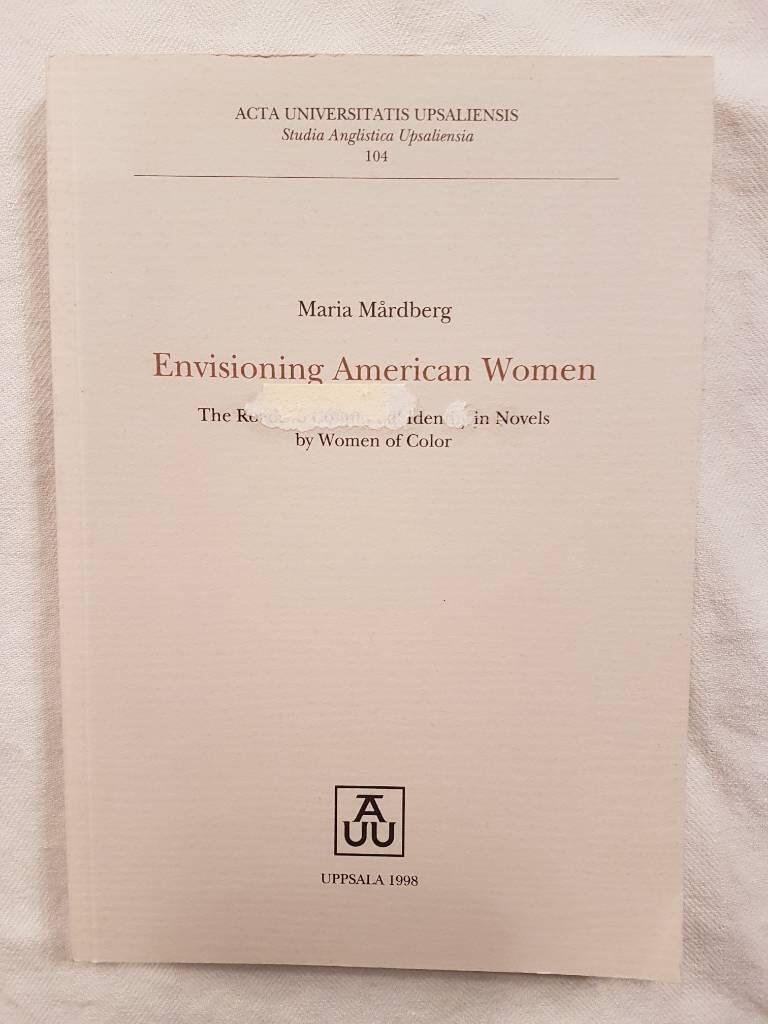
Ordinary Vices
Inbunden bok. Belknap Press of Harvard University Press. 1984. 268 sidor.
Mycket gott skick. Skyddsomslag i mycket gott skick.
Book cover in protective Brodart. Spine slightly sun faded.
The seven deadly sins of Christianity (pride, greed, wrath, envy, lust, gluttony and sloth) represent the abysses of character, whereas Judith Shklar’s “ordinary vices” ― CRUELTY, HYPOCRISY, SNOBBERY, BETRAYAL, and MISANTHROPY ― are merely treacherous shoals, flawing our characters with mean-spiritedness and inhumanity.
Shklar draws from a brilliant array of writers ― Montaigne, Hawthorne and Nietzsche on cruelty, Molière and Dickens on hypocrisy, Jane Austen on snobbery, Conrad and Faulkner on betrayal, Shakespeare and Montesquieu on misanthropy ― to reveal the nature and effects of the vices. She examines their destructive effects, the ambiguities of the moral problems they pose to the liberal ethos, and their implications for government and especially for liberalism as a difficult and challenging doctrine that demands a tolerance of contradiction, complexity, and understands the risks of freedom.
Chapters:
1. Putting Cruelty First
2. Let Us Not be Hypocritical
3. What Is Wrong with Snobbery
4. The Ambiguities of Betrayal
5. Misanthropy
6. Bad Characters for Good Liberals
____
“Shklar sketched the character a "good liberal" would need, in terms of avoiding cruelty, snobbery, misanthropy, and betrayal (and also the self-righteousness that so often comes with fighting the good fight against vice); a dose of hypocrisy was tolerated and could even be useful. She noted that "Kant's character is profoundly negative"; so was hers, because "all our virtues are, in fact, avoidance of vices." It was her psychological insight that enabled her to understand both the power and the danger of utopias-the risk that visions of the good will lead to murderous human experiments-and it is that insight that made her focus on avoidance rather than on fulfillment: on evil rather than on good, on fear rather than on virtue ("because fear is the ultimately evil moral condition"), on injustice rather than on justice- because the sense of injustice corresponds to the universal experience of citizens (or exiles) and to the basic language of politics.” (Stanley Hoffmann)










